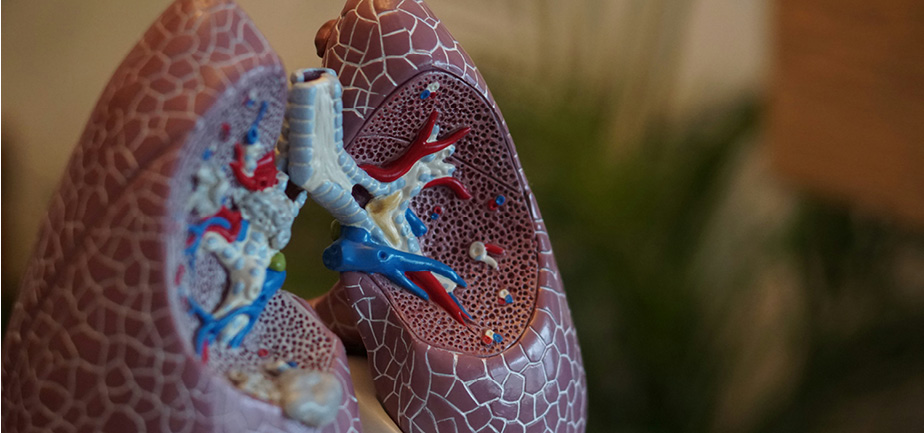Essentia Health encourages lung cancer screenings
November 12, 2024 By: Caitlin Pallai

November is Lung Cancer Awareness Month and the perfect time to consider a lung cancer screening.
Lung cancer causes more cancer-related deaths in the United States than any other type of cancer, according to the Centers for Disease Control and Prevention (CDC).
Cigarette smoking is the No. 1 cause of lung cancer. Other risk factors include:
- Smoking other types of tobacco.
- Secondhand smoke.
- Being exposed to substances like asbestos or radon.
- Having certain gene mutations.
- Family history.
Lung cancer symptoms may include:
- Coughing that gets worse, doesn't go away or includes blood.
- Chest pain.
- Shortness of breath or wheezing.
Often, lung cancer symptoms aren't noticeable until the cancer has spread or is in an advanced stage. Screening helps detect cancer early even if you don't have signs or symptoms. When lung cancer is caught early, it can be easier to treat.
You should consider a lung cancer screening, called a low-dose computed tomography scan (LDCT), if you are between 50-77 years old and have a 20 pack-year smoking history (one pack a day for 20 years or two packs a day for 10); are a current smoker; or quit smoking in the last 15 years.
An LDCT scan is a computerized scan that uses special X-ray equipment to take detailed pictures of a patient's lungs. It features a low dose of radiation and is quick and painless. You don't have to take any medicine and no needles are used.
Sometimes, LDCT scans show abnormal areas — called nodules — in your lungs. Most nodules aren't cancer. If your screening finds a lung nodule, your doctor may recommend more diagnostic tests.
Talk to your primary care provider to determine if a lung cancer screening is right for you. Most insurance companies cover screenings as part of preventive care. Contact your insurance carrier for more information about your coverage.
Reducing your risk
One of the best ways to reduce your risk of lung cancer is by quitting smoking or to not start smoking. At Essentia, we can help patients ditch smoking with the help of our smoking-cessation experts.
Other ways to reduce risk include:
- Avoid secondhand smoke.
- Exercise daily.
- Eat healthy.
- Get your home tested for radon.
- Avoid carcinogens at work if you work around toxic chemicals.
